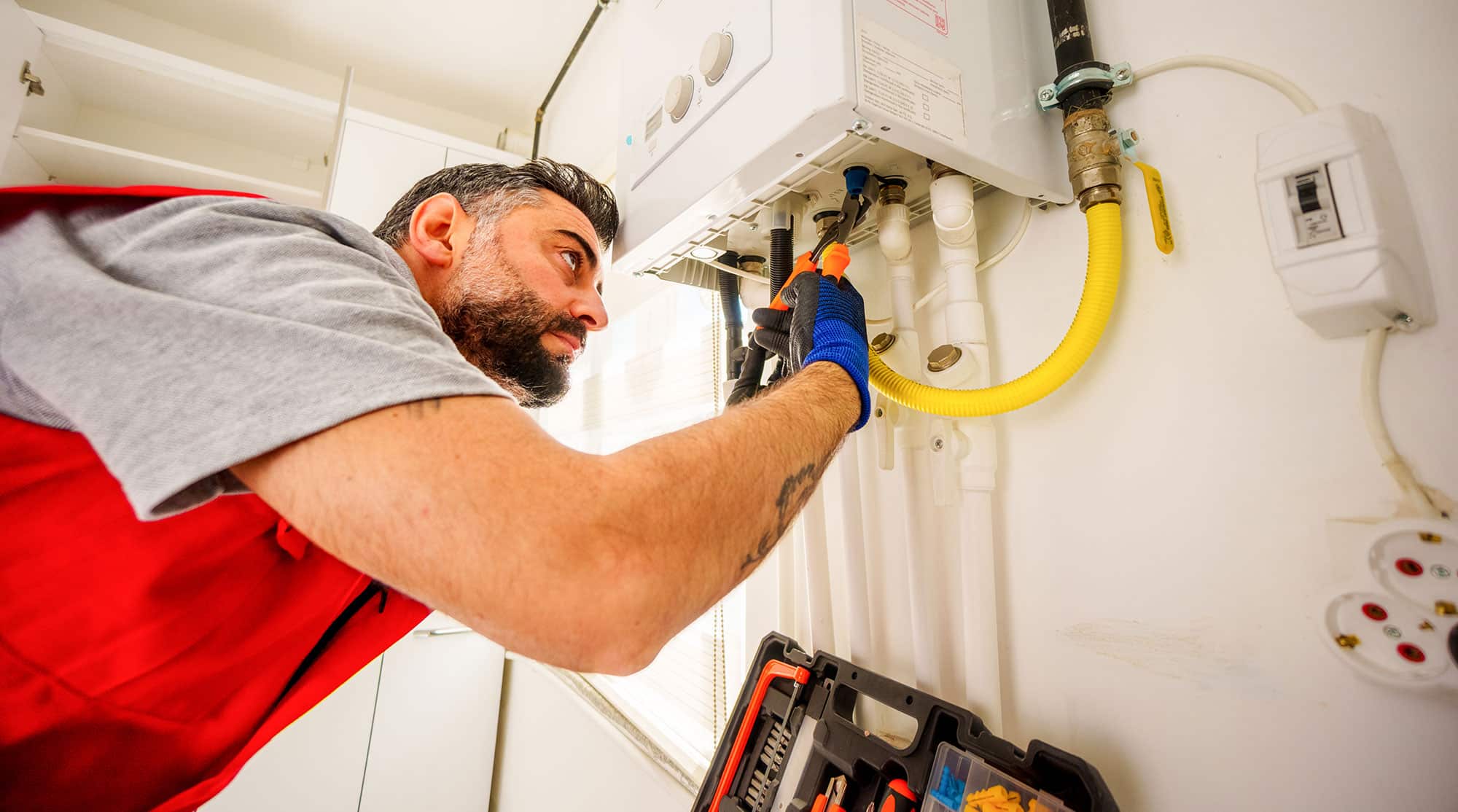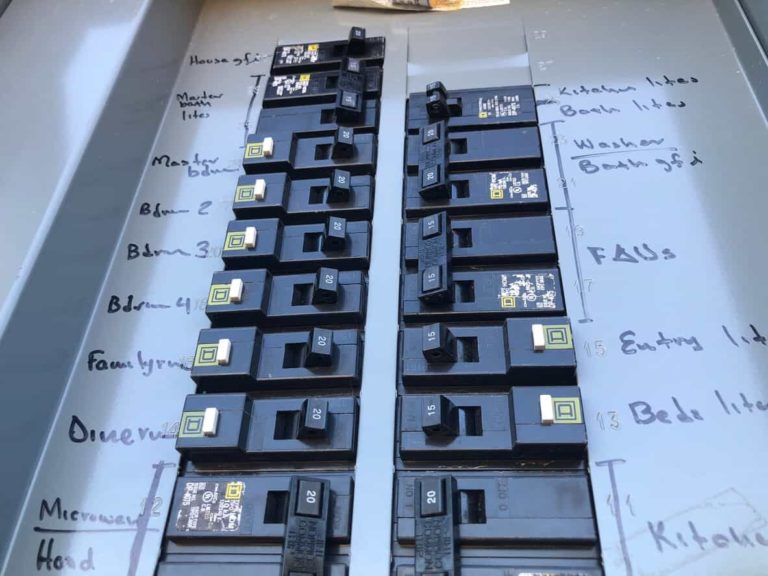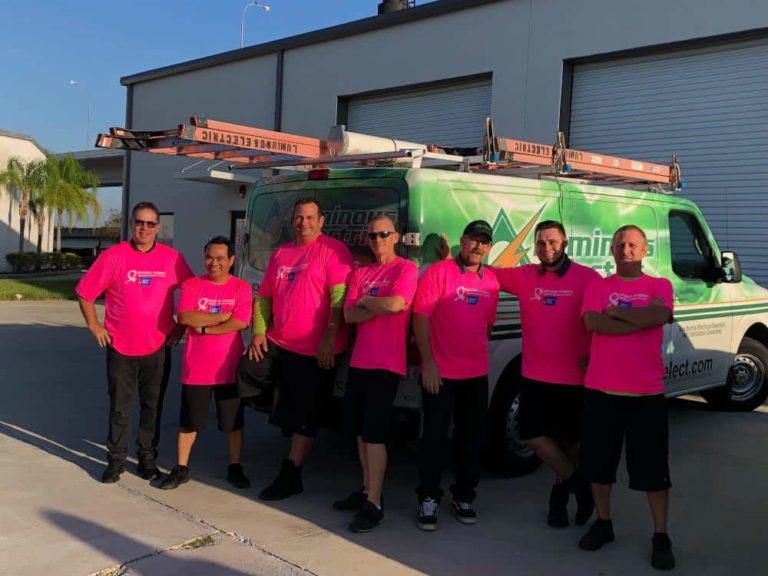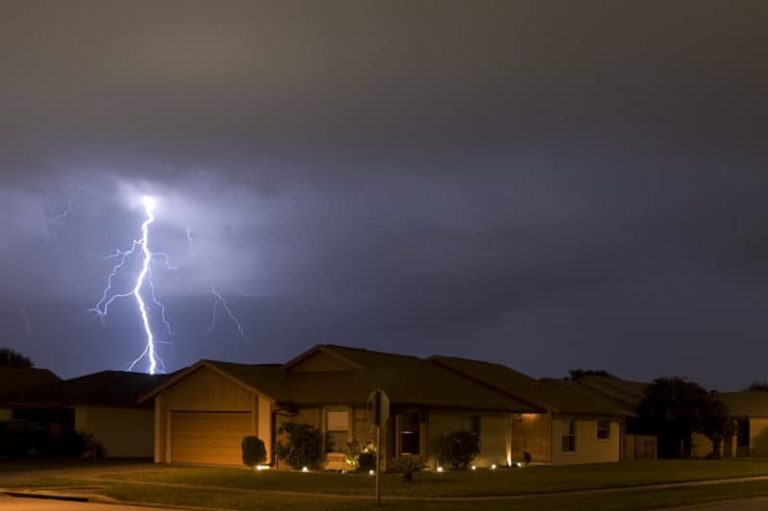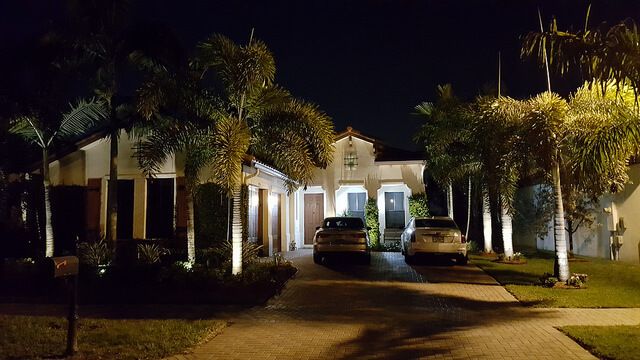What a Surge Supressor Is, and What It Does.
A surge suppressor is a device that prevents sudden voltage spikes in your electrical system. Voltage surges happen for many reasons. They are short bursts of extra electrical energy. These surges can overload circuits and damage sensitive appliances and electronics.
A surge protector works by directing extra voltage to the ground. This prevents it from reaching and damaging connected devices. Surge suppressors exist in different forms and people may also call them surge protectors or surge arresters. The most common type works by directing excess voltage to the ground wire of the electrical system.
Surge suppressors can use different technologies to handle voltage spikes. They often include metal oxide varistors (MOVs) or gas discharge tubes (GDTs). Engineers design these parts to absorb and redirect electrical surges.
You can add a surge suppressor to many devices. The most common type is a power strip with several outlets. These power strips protect certain devices. They do this by routing power through the suppressor first to keep the electronics stay safe.
People use surge suppressors to protect computers, TVs, home appliances, and other sensitive electronics. These devices help guard against power fluctuations.
You can add surge suppressors to electrical control panels or circuit breaker boxes. They can work alongside individual power strips. Whole-house surge protectors protect all devices connected to a home or business’s electrical system. They add extra defense against dangerous voltage spikes, especially those from lightning strikes.
How Surge Suppressors Work
One important feature of surge suppressors is the clamping voltage. This is the point where the device turns on to redirect extra electrical energy.
When the voltage in the circuit exceeds the clamping voltage, the surge suppressor activates and then redirects the surge to the ground. This stops the surge from reaching the appliances connected to the circuit.
For example, in a 120V AC system, engineers typically set the standard clamping voltage around 330 volts. This means that if the voltage exceeds this threshold, the surge suppressor will intervene and shunt the excess power to the ground wire. Some newer surge suppressors have a clamping voltage as low as 130 volts. This provides more sensitive and precise protection.
Lower clamping voltages usually provide better protection. However, they can also lead to a shorter lifespan for the surge suppressor. Each time the device diverts a surge, it absorbs energy, which can gradually degrade its performance over time. This is why it’s important to monitor the condition of your surge protector and replace it if it has taken too many surges.
UL Ratings and Safety Standards
The safety and performance of surge suppressors are subject to strict standards. Underwriters Laboratories (UL), an independent safety certification organization, sets the safety and performance criteria for electrical devices, including surge suppressors.
In 2009, UL introduced a set of updated testing criteria with the 3rd edition UL 1449 standards. These new standards set stricter safety rules and testing methods for surge protectors. This led to better product quality and longer life.
Surge suppressors made after 2009 have stronger parts. They provide better protection against voltage spikes than older models. When shopping for a surge suppressor, look for the UL 1449 label to ensure that the device meets the latest safety standards.
Joules Rating and Surge Capacity
Another important factor to consider when selecting a surge suppressor is its joules rating. This rating shows how much energy a surge suppressor can safely absorb. It tells you when the suppressor starts losing its effectiveness.
A higher joules rating indicates that the device can withstand more frequent or intense surges without failing. Experts generally consider a surge suppressor with a joules rating of 1000 or more to offer superior protection.
To understand this better, electrical surges from things like lightning or power grid changes can be ver strong. For instance, a common surge may reach 6,000 volts, 3,000 amps, and 90 joules of energy.
A lightning strike can create a surge of about 2,000,000 volts and up to 30,000 amps. This produces a huge amount of energy, around 500 megajoules. The joules rating of a surge suppressor shows how well it can protect devices from strong surges.
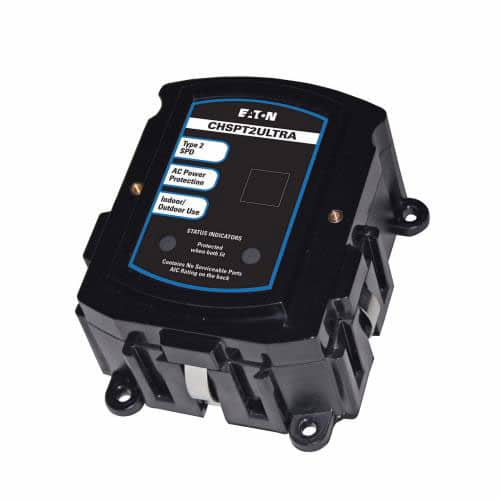
Whole-House Surge Protectors
For maximum protection, particularly in areas prone to lightning, whole-house surge protectors are a great option. Install these systems directly into the electrical panel of a home or building. They offer complete surge protection for every device connected to the electrical system.
Whole-house surge suppressors can protect your whole electrical system. This includes outlets, light fixtures, and appliances. They guard against harmful voltage spikes from lightning or power grid problems.
Whole-house surge protectors usually cost more than regular outlet protectors, however, they provide better security. You usually need a licensed electrician to install the system. This ensures it works well with the home’s current electrical setup.
Conclusion: Why Surge Suppressors Matter
In today’s world, electronic devices and appliances are an integral part of our daily lives. Protecting them from power surges is crucial. A sudden increase in voltage can damage sensitive parts in electronics.
This can lead to expensive repairs or even replacement. Surge suppressors are an affordable and effective solution to protect your valuable devices from electrical damage caused by surges.
To protect your home or business from electrical surges, contact a licensed electrician. They can install a surge suppression system for you. This could be a simple power strip or a whole-house surge protector.
For professional surge suppressor installation, maintenance, and advice, contact Luminous Electric—your trusted electrical service provider.

